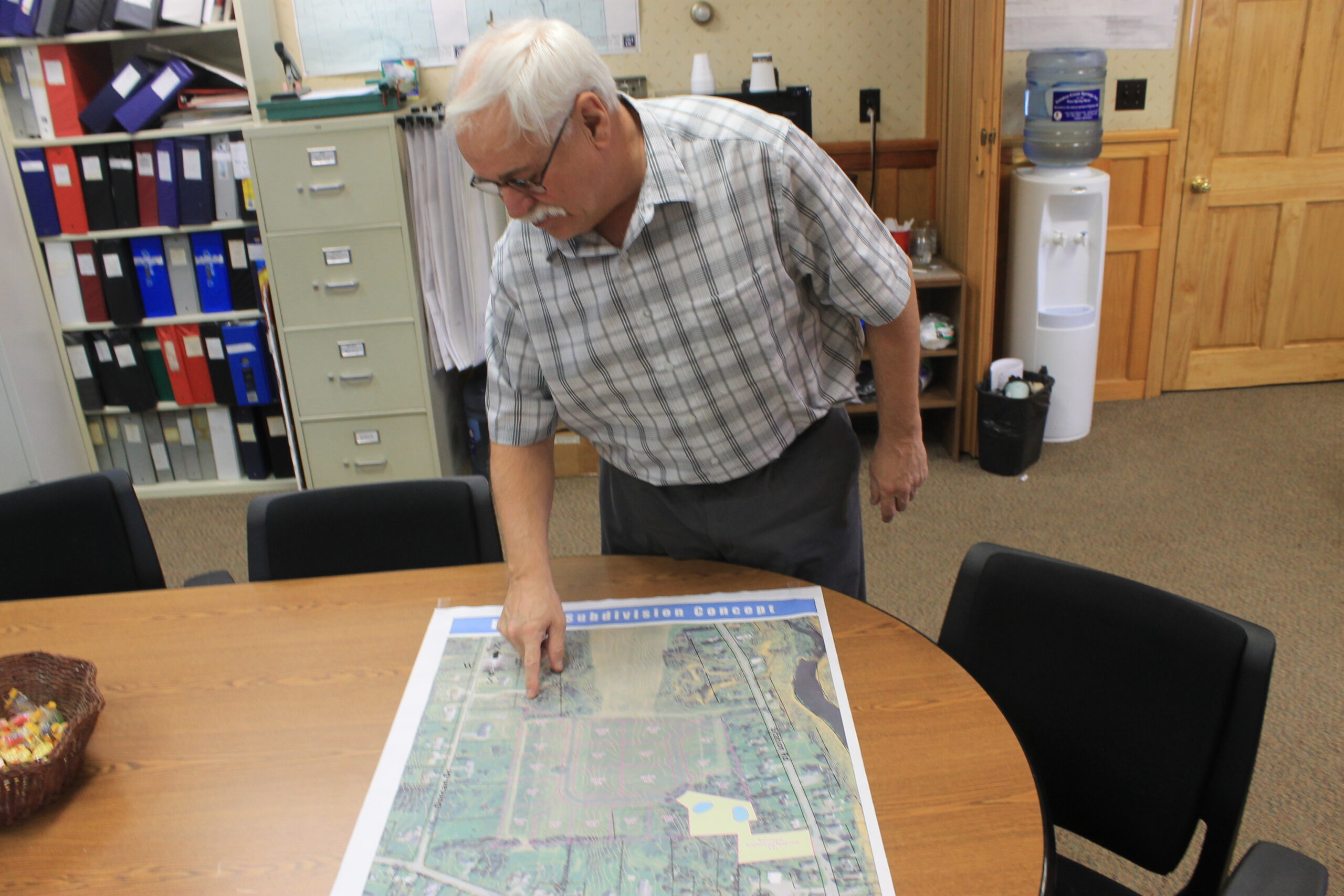
EASTON, Maine — Property taxes in Easton are increasing 3.7 percent this year as the town covers the cost of a complex revaluation for its two largest taxpayers, McCain Foods and Huber Engineered Woods.
Tax bills are out in Easton, with a due date of Oct. 1, said town manager Jim Gardner. This year the mill rate increased from $17.4 per $1,000 of property value to $18.05, including to cover expenses for the school district and county.
The increase is largely due to a one-time expense of about $217,000 that the town is paying for a professional property revaluation of the McCain and Huber factories, Gardner said.
In 2015, at the requirement of the state government, Easton revised its valuations for residential, agricultural and commercial property owners. It was the first revaluation since 1993 and increased taxes by as much as double or triple for home property owners, Gardner said.
The state did not require the town to update valuations for its two large industrial properties, which pay more than two-thirds of the town’s property taxes. After the revaluation, it’s unlikely the tax bills for the two facilities will increase as dramatically as they did for residential taxpayers, Gardner said.
As part of qualifying for various state business tax and incentive programs, McCain and Huber have regularly submitted information over the years that’s taken into account for local property taxes, Gardner said.
“I don’t think you’ll see a huge dramatic change in them.”
However, the new appraisal is necessary in order to a have a professional accounting of the properties, Gardner said.
“If we did that with the rest of the town, we need to do it with the mills,” Gardner said, citing the provision in the Maine Constitution that calls for equal taxation.
“What’s nice is whatever that bottom number comes out to be, is you have a document that’s done by a professional company.”
The company hired for the revaluation, New Jersey-based MR Valuation Consulting, recently completed a revaluation of the Twin Rivers paper mill in Madawaska, Gardner said. These types of industrial revaluations use a three-pronged method based on the properties’ income, assets minus depreciation, and market value,
“As of 2019, everything will be revaluated,” Gardner said. “We’ll keep up with that every year, and we shouldn’t have to go through that again.”







